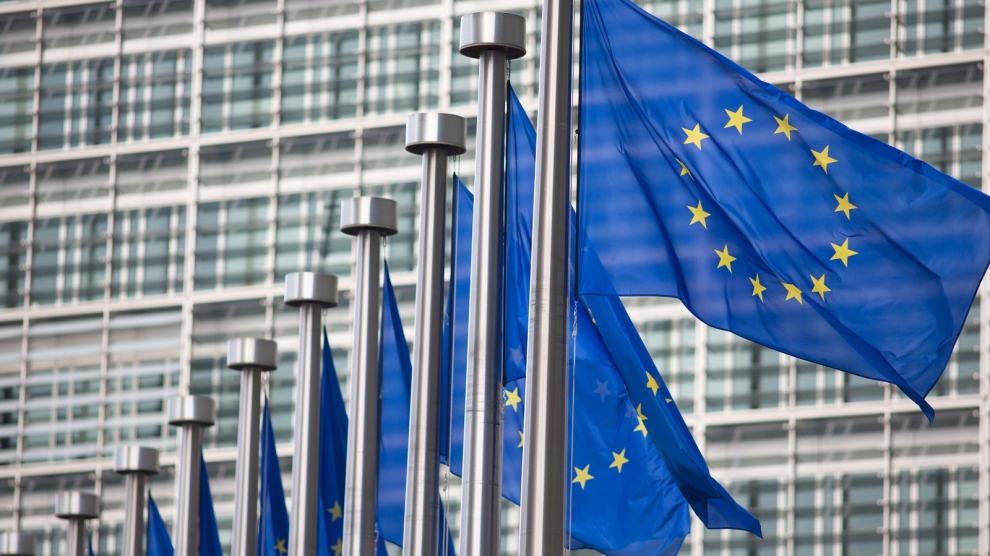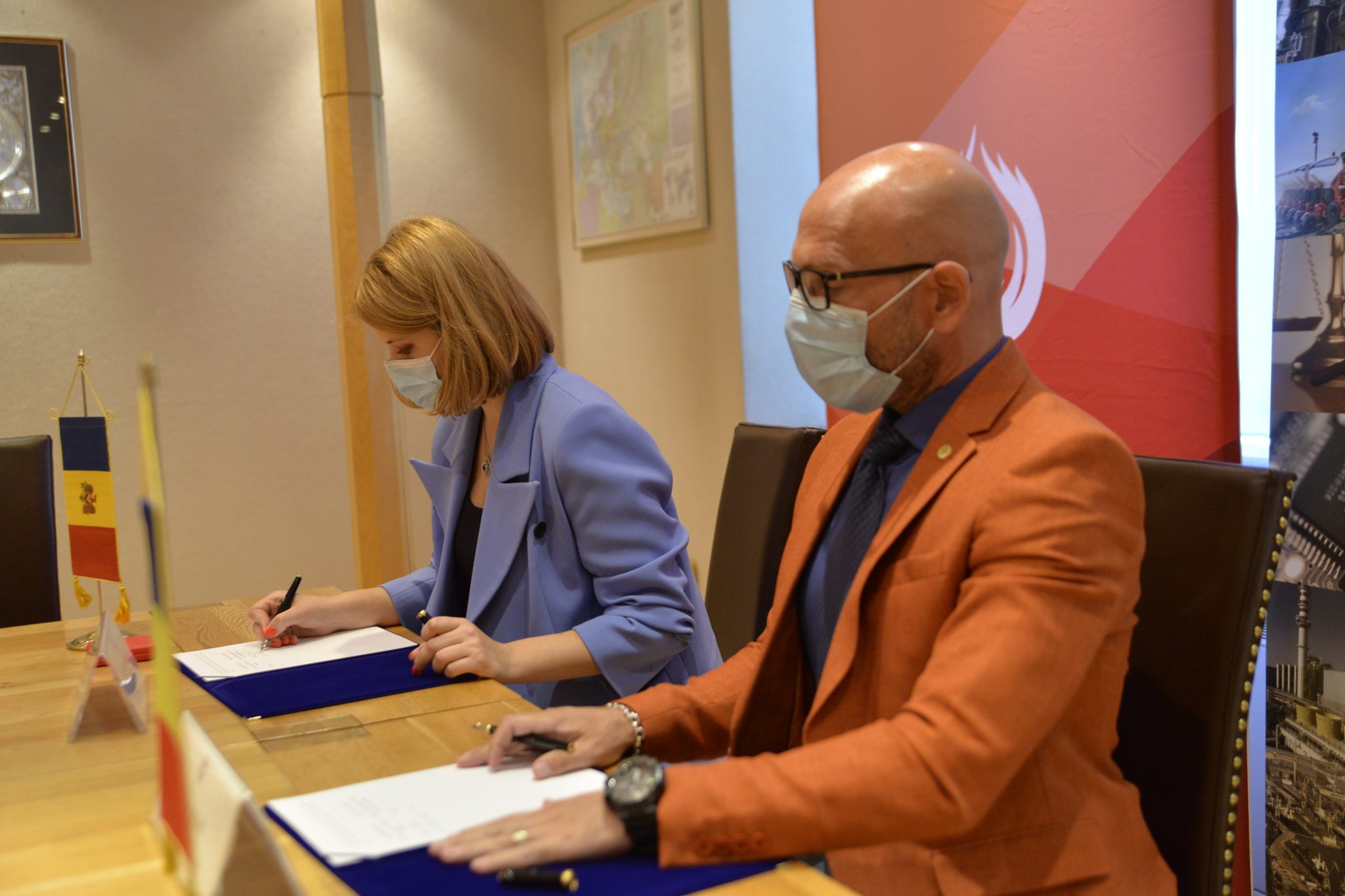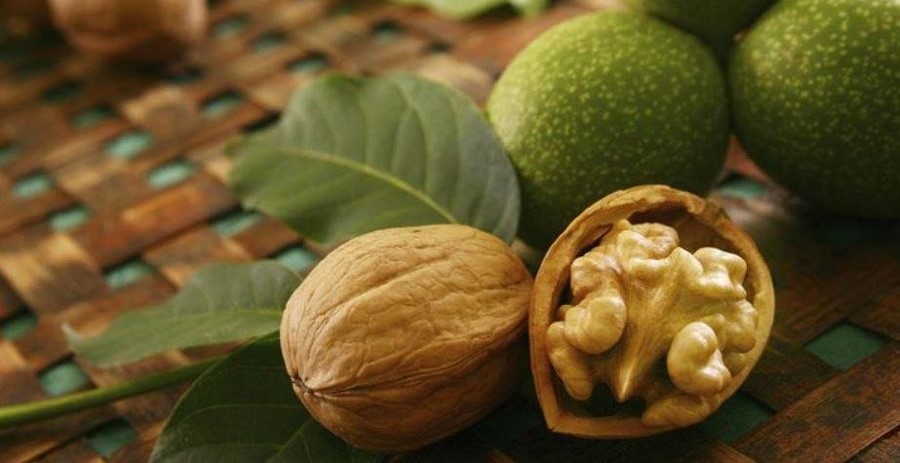Economy
A new "wine war" of Russia against Moldova in the making?
Reading Time: 4 minutesRosPotrebNadzor has not allowed 47 tons of Moldovan wine to be delivered to Russia
RosPotrebNadzor has not allowed 47 tons of Moldovan wine to be delivered to Russia
According to the RBK Russian TV channel, Chief Sanitary Inspector of the Russian Federation Gennady Onischenko explained it by the fact that the product does not meet the security (sic) requirements.
He remarked that for the first time from the resumption of the Moldovan wine imports from Moldova to Russia (from November 2007) RosPotrebNadzor had to reject and to return a big consignment of wine materials on the basis of the laboratory tests.
The rejected wine constitutes only a very small share of the Moldovan imports (about 0.18% of the last year supply volume), which matter is not very sensitive for the market, experts consider. At the same time they underscore the importance of this precedent in the situation, when Moldova strives to expand its supplies of wine in bulk.
"This case distressed us very much. Even under conditions of our complicated relations with the previous Moldovan authorities there was no such supply failures. Now, we have all the grounds for the reconsideration of our moderate position in regard of Moldovan wine materials. We do not rule out the toughening of sanctions against Moldovan products", Gennady Onischenko said.
The Ministry of Agriculture and Food Industry has begun clearing up the reasons for RosPotrebNadzor’s rejection of 47 tons of Moldovan wines to be delivered to the Russian market. Chief of the department for marketing policies of the winemaking sector Petru Avasiloaie told Infotag that the ministry got to know about this incident from the Russian press.
"We were not informed of this matter through official channels", Avasiloaie added.
He remarked that the ministry’s leadership contacted the Russian side and took all the efforts to unblock the situation. According to the official, the customs stopped the produce of only one Moldovan company – Lion-Gri. Representatives of the company communicated that the company administration has currently vacations and expressed hope for the speediest settlement of the aroused situation.
Russian and Moldovan experts have designated the rejection of 47 tons of Moldovan wines as a warning in respect of the Moldovan authorities.
Expert Vissarion Cesuev told Infotag that the refusal to allow a consignment of product to enter the market is, as a rule, of commercial character and, as the supply brings profits to the supplier and to the consumer, it suggests mutual interests in removing barriers.
"But in this case it was a demonstrative rejection of a consignment and it has nothing to do with its quality", Cesuev remarked.
In his opinion, such gesture by RosPotrebNadzor has a political background and is caused by the Moldovan authorities’ stupid position on the problems, relating to the settlement of the Transnistrian conflict, the CIS participation in this matter, the celebration of the 65th anniversary of the victory in the Great Patriotic War, the condemnation of the Communist regime.
"By means of its ban in 2006 Russia made Moldova understand that Moldova was not quite right in respect of Kozak’s Memorandum, so now it is the reaction to Moldova’s irresponsible talks about the NATO, about a joint Moldovan-Romanian battalion and so on", Cesuev said.
He considers that during the visit by Russia’s First Vice-Premier Igor Shuvalov to Moldova, as well as during the CIS Summit to Chisinau the Moldovan authorities behaved unthinkably from the viewpoint of the international diplomacy.
"All the attention was transferred on Emil Boc (Romanian Premier, who paid a visit to Moldova on the same day), whereas one of Russia’s leaders was left without the due attention", Cesuev added.
Director of the Russian Center for Political Information Alexei Mukhin designated the rejection of 47 tons of Moldovan wine by Russia as "moral pressure" and expressed an opinion that "the splashes of similar activities" on the part of Chief Sanitary Inspector of the Russian Federation Gennady Onischenko coincide shockingly with the nuances of the political situation.
"The events, which are going on in Moldova, concerning its political system’s orientation towards the West aggravated considerably relations between Chisinau and Moscow, since all the agreements concluded with the now retired Mr. Vladimir Voronin were reduced to zero", he said.
Expert Igor Botan ruled out the probability of political reasons for the rejection and considers that Shuvalov’s visit to Moldova was successful.
"It would be very strange, if after Igor Shuvalov’s visit to Moldova, which visit passed O. K., Russia would have applied such sanctions. On the contrary, the affairs in the Moldovan-Russian relations are much better now", Botan considers.
In his opinion, the quality of the supplied products must be responsible for the rejection and he expressed hope that respective Moldovan organizations will solve this problem in the near time.
Moldova’s exports of alcohol products to Russia were stopped in March 2006 under the pretext of their low quality. Until that time about 90% of the total Moldovan wine exports fell on Russia. In 2005 Moldova exported alcoholic products worth USD313 million to various countries, including those worth 250 million to Russia. In 2006 the Moldovan alcohol exports decreased to USD173 million. Exports of Moldovan alcoholic products to Russia were resumed at the beginning of October 2007 after the ban, introduced on March 27, 2006. Before this embargo, 80% of Moldovan alcoholic products were supplied to the Russian market. In 2005 Moldovan wine exports constituted USD313 million. At present Moldova ranks third in the supply volume to the Russian market (its share is about 12.25%), it ceded its previous first position to France and Bulgaria.
Economy
Moldova will receive a disbursement of 36 million euros as part of the the Economic Recovery Plan

This week, the European Commission approved the disbursement of 36 million euros in grant money for the Republic of Moldova. The announcement was made by Deputy Director-General for Neighbourhood Policy and Enlargement Negotiations at the European Commission, Katarina Mathernova, who paid an official visit to the Republic of Moldova between September 13-15, together with Managing Director for Russia, Eastern Partnership, Central Asia, Regional cooperation and OSCE, at the European External Action Service, Michael Siebert.
The EU officials had meetings with President Maia Sandu, Minister of Foreign Affairs and European Integration, Nicu Popescu, Speaker of Parliament, Igor Grosu, Prime Minister of the country, Natalia Gavrilita, as well as key representatives of Government, international financial institutions and the civil society, according to a press release issued by the Delegation of the European Union to the Republic of Moldova.
Beside such topics as the EU-Moldova relations and prospects, the priorities of the reform agenda of the new Moldovan Government, preparations for the Eastern Partnership Summit at the end of the year and the Transnistrian conflict settlement, the officials also discussed the EU assistance in support of reforms and the Economic Recovery Plan for Moldova, which was announced in June with a total EU support of 600 million euros over the next 3 years.
“The first measures under the Economic Recovery Plan will shortly materialize, with the expected disbursement of 36 million euros in grant money under budget support programmes to support the authorities’ efforts to fight against the consequences of the pandemic. Moldova can count on EU’s assistance on its path to reforms and to recovery, bringing tangible results to citizens,” Katarina Mathernova stated.
The plan is based on assistance provided by the European Union through various bilateral and regional instruments, aiming to mobilize the funds in the form of grants, loans, guarantees and macro-financial assistance.
“The Economic Recovery Plan for the Republic of Moldova involves much more, not just this financial support provided immediately. It must help digital transformation, strengthen infrastructure, energy efficiency, education and support small and medium-sized enterprises,” the EU official also said.
As Prime Minister Natalia Gavrilita informed, “The Economic Recovery Plan and the 5 flagship initiatives for Moldova in the Eastern Partnership will directly contribute to the reform and consolidation of institutions, stimulate long-term socio-economic development, bring direct benefits to citizens, and unleash new economic opportunities through promoting the green agenda and digitization. Small and medium-sized enterprises (SMEs) have been hit hard by the crisis. Promoting and diversifying access to finance and reducing collateral requirements will be essential in supporting economic operators. We are grateful to the EU partners who will launch two programs to support 50 000 independent Moldovan SMEs to adapt to the new conditions.”
President of the Republic of Moldova, Maia Sandu, welcomed the decision of the European Union to disburse about 745 million lei in grant money, as the official page of the President’s Office announced. “EU support comes after a long period of freezing of European assistance, caused by former governments. We managed to relaunch the political dialogue with the European Union and resume financial assistance. The Republic of Moldova is gradually regaining the trust of its strategic partners. This European support is also a signal of encouragement for the new Government team in its commitment to clean up the institutions, fight corruption and launch development programs in the country,” said Maia Sandu.
Photo: unknown
Economy
Romania and Moldova signed a partnership memorandum pledging to cooperate in promoting their wines

The Chamber of Commerce and Industry of Romania (CCIR) and the National Office for Vine and Wine (NOVW) of the Republic of Moldova signed, last week, a memorandum of cooperation on organizing joint promotional activities in the markets of common interest, as the CCIR announced.
China, Japan or the USA are just some of the markets targeted by the Romanian and Moldovan institutions. The memorandum also involves advertising activities for wines from common indigenous varieties, promoting the oeno-tourist region, developing a tourist route in the two states, exchange of experience, study visits, and mutual support in identifying new export opportunities. “We are very confident that this collaboration between our organizations will lead to sustainable economic growth and a higher degree of well-being among Moldovans and Romanians,” claimed Deputy Secretary-General of CCIR, Bogdan Visan.
On the other hand, Director of the NOVW, Cristina Frolov, declared that no open competition with Romania is aimed at the governmental level of the Republic of Moldova. “This request for collaboration is a consequence of the partnership principle. Romania imports 10-12% of the wine it consumes, and we want to take more from this import quota. Every year, the Romanian market grows by approximately 2.8%, as it happened in 2020, and we are interested in taking a maximum share of this percentage of imported wines without entering into direct competition with the Romanian producer,” the Moldovan official said. She also mentioned that Moldova aims at increasing the market share of wine production by at least 50% compared to 2020, and the number of producers present on the Romanian market – by at least 40%.

Source: ccir.ro
**
According to the data of the Romanian National Trade Register Office, the total value of Romania-Moldova trade was 1.7 billion euros at the end of last year and over 805 million euros at the end of May 2021. In July 2021, there were 6 522 companies from the Republic of Moldova in Romania, with a total capital value of 45.9 million euros.
The data of Moldova’s National Office of Vine and Wine showed that, in the first 7 months of 2021, the total quantity of bottled wine was about 27 million litres (registering an increase of 10% as compared to the same period last year), with a value of more than one billion lei, which is 32% more than the same period last year. Moldovan wines were awarded 956 medals at 32 international competitions in 2020.
Photo: ccir.ro
Economy
Moldova’s hope to be a top walnut exporter and its main difficulties

The Republic of Moldova has perfect weather conditions for growing walnut trees, that creating a great potential of walnut production and trade, especially on international markets, where the demand is way higher than the product’s supply. National and international experts believe that the country’s walnut production industry is on the verge of important transformations, which could lead to increased yields, quality and competitiveness worldwide.
According to authorities, Moldova exports 34-35 thousand tons of walnuts in shell, which is about 7% of the total export of fruit and 5% of the total export of horticultural products. The export value is assessed as being $120 million, that being 57-60% of the total fruit export value and about 50% of horticultural export value. Most of walnut crops are exported to the EU countries, such as France, Germany, the Netherlands, Romania and Austria. The country’s exports were among the world’s top 10 when it comes to the highest dollar value of the product during 2020.
Viorel Gherciu, Minister of Agriculture and Food Industry, pointed out that the production in the domestic walnut industry has increased by 55% in the last five years, which ranks Moldova among the main producers in the world.
“The biggest opportunity for this industry is that we are in the geographical proximity of the largest walnut import area in the world, which is the European Union, with almost 40% of total imports in the world. We are on the EU border, with privileged relations, with an Association Agreement. We already enjoy a good relationship in working with European importers, they trust our processors. A very close collaboration has been created and this is, in fact, the guarantee for those who invest in the area,” claimed the president of the Walnut Producers Association, Oleg Tirsina.
The data provided by the National Bureau of Statistics show that there are 34.7 thousand hectares of walnut plantations in the country. 20.90 hectares are represented by orchards. 75% of planted orchards are formed of old varieties trees. 30-35% of the exported production comes from orchards, the rest comes from individual farmers and plantations along the roads. This means that the quality of walnut production is not at its maximum potential. Developing commercial plantations through orchards modernization and extension of walnut varieties would provide double yield and better quality, experts say.
Governmental support in the form of subsidizing solutions, foreign investments and credit options are indispensable for the industry development. One of the financing options is the credit line of the European Investment Bank Project. Since 2016, 15 producers and processors of nuts, almonds and hazelnuts have benefited from these loans with the total amount of investments worth 8.7 million euros. A further extension of the project would provide another 60 million euros for the modernization of the horticultural sector in general and for harvesting organic walnuts in particular.
Photo: heymoldova.com





















